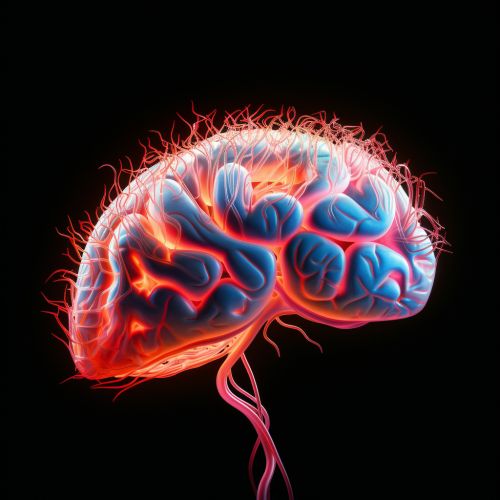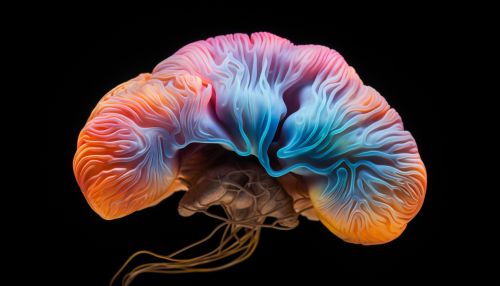Procedural Memory
Overview
Procedural memory is a type of long-term memory that is responsible for knowing how to do things, also known as motor skills. As such, it is a key component of the learning process, enabling us to perform routine tasks without conscious thought. Procedural memory is considered a subset of implicit memory, as these skills are not consciously controlled.
Characteristics
Procedural memory is characterized by its automatic nature. It is not dependent on conscious control for execution and is often difficult to describe verbally. This type of memory is typically acquired gradually through repetition and practice. Examples of procedural memory include riding a bike, typing on a keyboard, or playing a musical instrument.
Acquisition
The acquisition of procedural memory involves a gradual process of strengthening connections between neurons, known as Hebbian learning. This process is facilitated by a part of the brain called the basal ganglia, which plays a key role in habit formation and skill learning.


Role of the Basal Ganglia
The basal ganglia, a group of subcortical nuclei, play a crucial role in the acquisition and execution of procedural memory. These structures receive input from all areas of the cerebral cortex and send output to the motor cortex, enabling the initiation and control of movement.
Procedural Memory and Sleep
Research has shown that sleep plays a significant role in the consolidation of procedural memory. During sleep, the brain replays the day's experiences, strengthening the neural connections that form memory. This process, known as memory consolidation, is crucial for the long-term storage of procedural memory.
Procedural Memory in Disorders
Procedural memory can be affected in various neurological and psychiatric disorders. For example, in Parkinson's disease, the degeneration of neurons in the basal ganglia can lead to difficulties in acquiring new motor skills. Similarly, in Alzheimer's disease, while declarative memory is typically affected first, procedural memory can also be impaired as the disease progresses.
Procedural Memory and Aging
The ability to acquire new procedural memories typically declines with age, a phenomenon known as age-related memory decline. However, once acquired, these memories are often well preserved, even in the face of significant cognitive decline.
